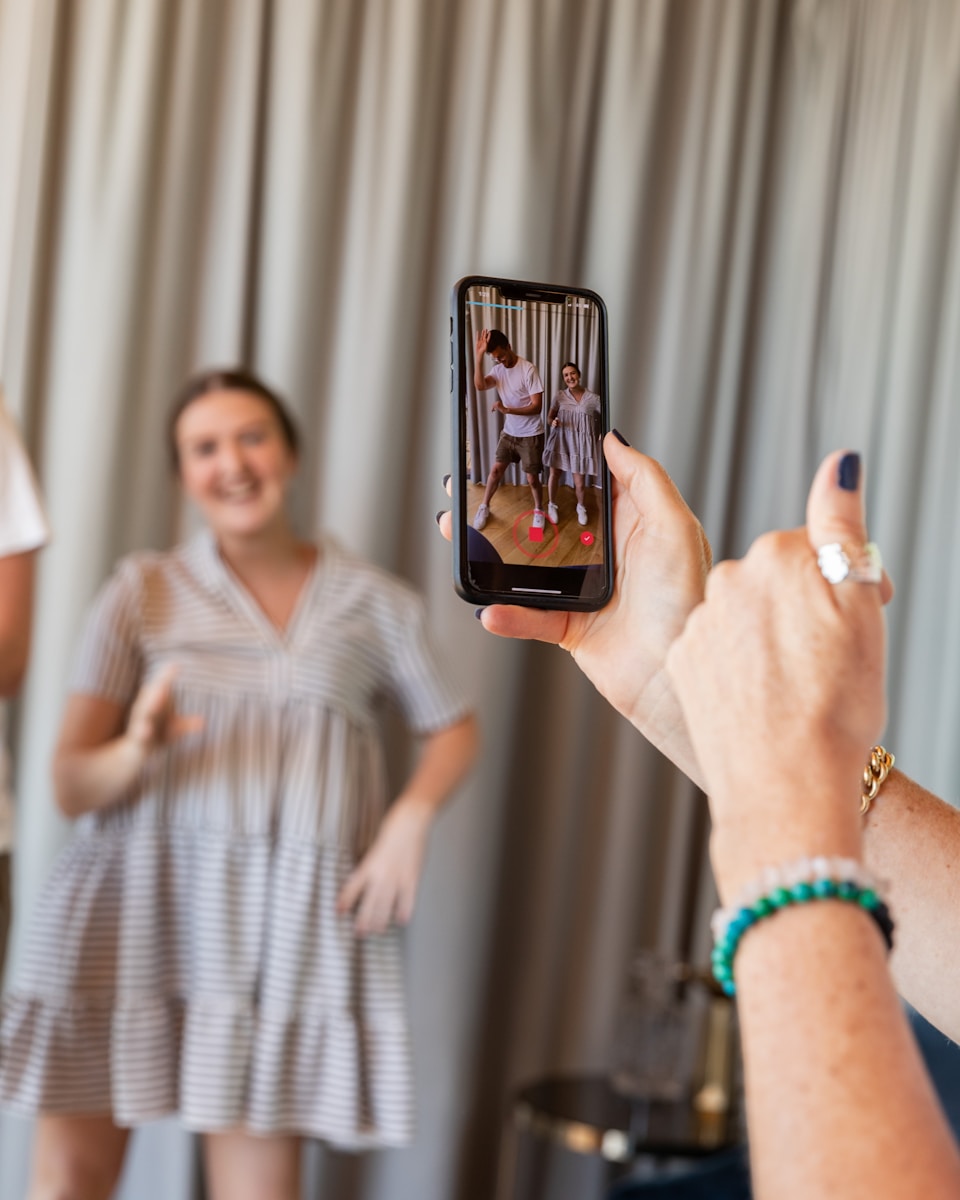Headline Roundup – Public Relations in the News for July
backThis month we’re looking at headlines around influencer marketing, a practice that continues to grow in importance from a marketing and public relations perspective.
I recently read a book on influencers that I highly recommend to all those interested in this marketing tactic by Taylor Lorenz: Extremely Online: The Untold Story of Fame, Influence, and Power on the Internet. Taylor Lorenz is a veteran reporter on internet culture. Her work often appears in the New York Times. The book is a fascinating and thorough look at the history of creators throughout the decades and how we got to this moment. The theme of the book that I found the most interesting is how hard it is to maintain career longevity as a creator as new social media platforms rise and fall in popularity (remember Clubhouse?), and they change their algorithms and how content is monetized. This struggle is likely not going to change as A.I. creators flood the landscape.
The A.I. Influencer Ads are Coming
Speaking of which, The New York Times reports that a lot more artificial intelligence (A.I.) generated influencers could be coming to social media feeds with TikTok rolling out tools that will allow brands to create ads that feature avatars created by A.I. The mainstreaming of A.I. continues to have huge implications for influencer marketing and creator content in general and it will be interesting to see how the industry changes in the coming months and years.
Design’s impact on word of mouth marketing in the era of TikTok Shop
The public relations publication, PR Week, shared thoughts on how to create interesting, shareable content that’s designed to go viral on TikTok. The article gives the example of Vogue’s Beauty Secrets Youtube series as viral content that makes a large impact because of its authenticity. By engaging share-worthy design, public relations practitioners and the brands they represent can encourage word-of-mouth marketing and increased awareness.
Pharma is Missing the Mark: Social Media’s Power Proven by Physician Influencers
An interesting study was shared by MedFluencers about influencers and how companies communicate in the healthcare sector. According to the study, 85% of healthcare providers surveyed reported that patients have mentioned social media posts when visiting their office and that 92% of healthcare providers are open to learning about new pharmaceuticals and medical devices from social media content. The study suggests that doctors believe that the pharma industry is underutilizing social media to communicate about their products.
